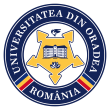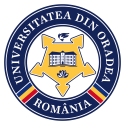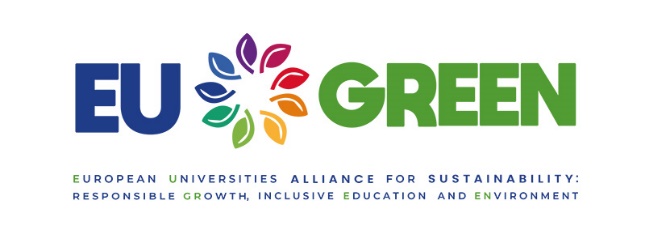 |
||||
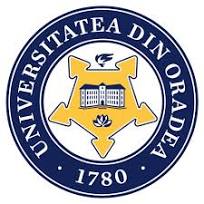 |
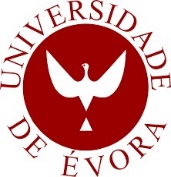 |
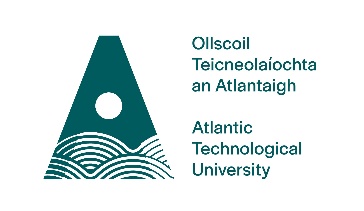 |
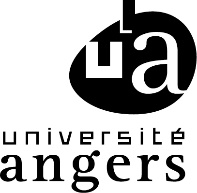 |
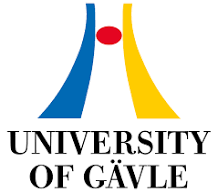 |
Blended Intensive Programme (BIP)
INTRODUCTION TO MATHEMATICAL AND COMPUTATIONAL MODELLING
FOR SUSTAINABILITY - SECOND EDITION
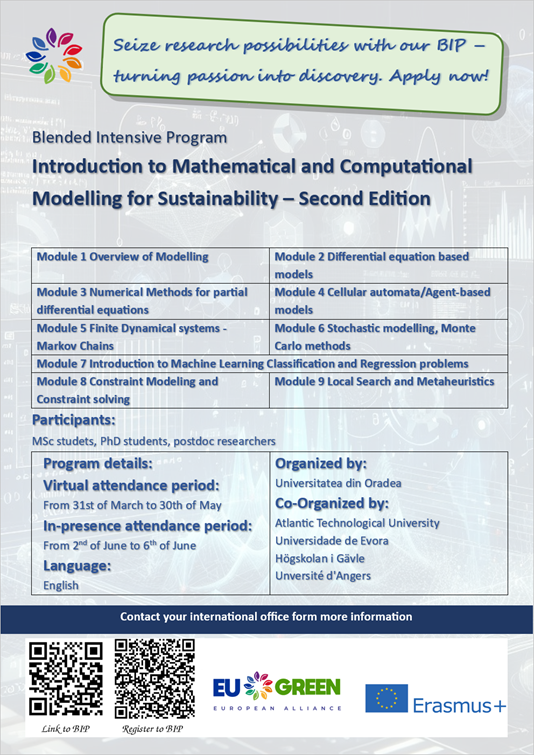
UNIVERSITY OF ORADEA, within the EU GREEN University Alliance, organizes Blended Intensive Programme open for all the students from EU GREEN partner universities.
Coordinating and organizing University
UNIVERSITY OF ORADEA (Romania)
Prof. Radu ȚARCĂ
Co-organizing Universities
Atlantic Technological University (Ireland)
Universidade de Evora (Portugal)
Högskolan i Gävle (Sweden)
Unversité d'Angers (France)
Programme details
- IN-PRESENCE attendance period: 2nd – 6th of June 2025;
- VIRTUAL attendance period: 31st of March – 30th of May 2025;
- Language of instruction: English;
- ECTS for participation in the programme: 6.
Programme description
This 6ECTS BIP will give an introduction to mathematical and computational modelling techniques for application in developing understanding and supporting sustainable decision making in health, environmental, societal, and industrial systems. The programme is designed for students at the Masters or Doctoral level who wish to develop these skills for application in research projects aligned to the EU GREEN research themes. This program prioritises high-level strategic thinking in the design and analysis of modelling paradigms and how they can be applied for effective decision making. Interpersonal skills together with technical skills are central to the learning outcomes.
Aims:
- Develop familiarity with fundamental approaches to mathematical and computational modelling methods, techniques and tools, including Differential Equations, Machine Learning/AI, Finite difference/element/volume method, Cellular Automata and Optimisation Algorithms,
- Develop awareness of which methods may be suitable for different types of research problems along with the potential benefits, challenges and limitations of each approach
- Develop skills in application of these methods to real-world multidisciplinary research problems aligned to the EU Green themes
- Develop student transferable skills in group working and communication;
- Help to create a culture of international and cross-discipline collaboration in postgraduate research at the EU Green institutions
The programme will consist of 9 x 2hr online weekly sessions and a week-long in-person summer school at the University of Oradea. The teaching will be delivered by different academic staff from ATU, HiG, Oradea, Evora and Angers. The summer school will comprise hands-on workshops, student presentations, and participation in a group project as well as social/networking opportunities. Students will select an individual project related to their own research domain with support from the academic staff.
As learning outcomes, it is intended to promote:
- Approach the formulation of health/societal/industrial/environmental problems into a mathematical/computational framework;
- Develop familiarity with a range of modelling and analytic approaches (mathematical & stochastic modelling, machine learning and optimisation);
- Build and analyse models of processes and physical systems. These models may be predictive or descriptive and may increase understanding of the processes/physical systems;
- Identify the limitations and weaknesses of a range of modelling/analytical approaches – in terms of accuracy, robustness, sensitivity, reliability, range of validity and resolution;
- Appraise a range of modelling/analytical approaches to solving a problem – in terms of the potential accuracy/resolution etc. of the model predictions but also taking account of the required investment in time and cost in order to develop and test the models;
- Program mathematical models/analytical tools;
- Communicate model findings and limitations to technical and nontechnical audiences (e.g. policy makers) including effective visualisation.
Assessment:
- Individual poster presentation (20%) – To introduce the student’s own Masters/PhD research at the beginning of the summer school;
- Group Project (20%) – To be completed and presented at the summer school;
- Individual Project (60%) – Written report. The project should typically comprise either (i) a high-level review of modelling relevant to the student’s research topic or (ii) some preliminary modelling work relevant to the student’s research topic.
Total number of participants by institution
The BlP is open to a maximum of 25 participants from the EU GREEN universities.
Admission profile
Students can be MSc, PhD or postdoctoral researcher, but should normally have completed at least 5 ECTS relevant to Mathematics/Statistics at undergraduate or master level.
Conditions for Admission
- participation to the program is open to MSc, PhD or postdoctoral researcher;
- to apply for this program, students must be regularly enrolled at one of the participating universities and completed a course in Programming, Mathematics/Statistics, or similar content;
- at the time of the application submission, applicants must demonstrate proof of English language competence at the B2 level. This can be certified by the applicant’s home University.
How to apply
- Students should complete the APPLICATION FORM
- Students should send the following documents to This email address is being protected from spambots. You need JavaScript enabled to view it. till 16th March 2025:
- copy of ID or passport;
- transcript of records and certificate of enrolment;
- proof of English language competence.
Deadline for application – March 16th, 2025
Selection procedure
An appointed Committee of the organizer and co-organizer institution will carry out the selection procedure.
Students and researchers should expect to hear back about the result of their application by 25th of March 2025. Selected students must communicate their acceptance or withdrawal within 5 days from the publication of the selection results by contacting their university program coordinator. Selected students will be contacted with further instructions upon completion of the selection procedures.
Financial support
The attendance of the Blended Intensive Programme may be covered by an ERASMUS+ SMS Short Mobility Grant for all mobile students (excluding students from the hosting University). This financial support may only be guaranteed by the selected student’s home University. The University of origin of each selected student is fully responsible for the management of the financial aspects of the mobilities in accordance with the provisions of the competent ERASMUS+ National Agency.
No financial support is foreseen for host institution students as they will not be traveling for the purposes of participation in this program (non-mobile participants).
Please refer to your local coordinator or Erasmus/International Relations Office for any further information related to the financial support made available.
Administration contact:
Dr. Dan Noje
Research Development Innovation Programs and Projects Office
University of Oradea
This email address is being protected from spambots. You need JavaScript enabled to view it.

.
